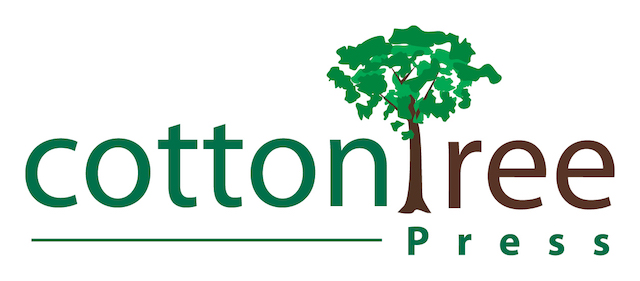In Finding Purpose in Challenging Times, Patrick Karangwa shares the personal story of his journey from refugee to humanitarian leader, and how his Parlement des Jeunes Rwandais (PAJER) gradually grew into the Global Humanitarian and Development Foundation (GHDF). This book is the first by Legacy – our imprint for nonfiction by Africa’s changemakers and game changers.
Finding Purpose in Challenging Times will encourage you to believe in yourself and your power to make a difference in the world.
Reading about Karangwa’s experiences as a descendent of Rwandans who went to Uganda as refugees in 1959 evoked such powerful memories that I felt his story was mine.
Monrovia Rain and Other Stories Lost and Found offers moving perspectives on day-to-day life in the throes, and in the aftermath, of the civil war that affected every Liberian in some way. This short but powerful anthology includes the authors’ reflections on their stories.
These stories reverberate with the pain, loss and trauma of the Liberian Civil War….and expose the cracks in a deeply fragile society still recuperating. Prepare yourself for rousing storytelling and introspective soul baring.
Monrovia Rain and Other Stories Lost and Found is absolutely brilliant. From cracking a smile, to laughing out loud, to shedding tears, I expressed a range of emotions while turning its pages. You won’t be able to put this book down.
Can a country man make it in Liberia? This is the question Korli wrestles with during his long, eventful journey from village life to the capital city, where kwii men seem to have all the power. Will he be able to escape the webs of tribal and “civilized” societies that both deny him the freedom to live up to his ambitions? Through all the temptations, will he stay true to himself and to his wife, Leanya? Will he ever be accepted for his talents and respected for his vision?
Birds Are Singing holds a mirror up to Liberia and reveals a place where the best and brightest are cut down time and time again to the detriment of all. And we – Liberian people – must read it with that same urgency with which Sankawulo put it down as the ultimate deadline loomed before him.
Like Sankawulo’s previous novels, The Rain and the Night, and Sundown at Dawn, Birds Are Singing confirms his brilliant role as a teacher, historian and preserver of culture. [It] not only imparts to the reader his knowledge of Liberia’s past, but also lays out, in Korli’s parable, the need to analyze past failures to rectify them and chart a successful future as individuals and as a nation.

Konkai is the story of a gay African man who died of AIDS in 1991, at the age of 32. This memoir, written by his sister, is a narrative of the dynamics between Konkai and his family as they all dealt with his sexual orientation and his illness while their country, Liberia, was being destroyed by civil war. Mardia Stone tells an intimate story of searching for one’s place in life, of longing for love and acceptance, and of preparing to let go.
I have enjoyed reading Dr. Mardia Stone’s deeply moving and highly revealing book, Konkai: Living Between Two Worlds….It is a measure of the author’s deft handling of such a delicate story that in the end Konkai evokes in us both sympathy and understanding.
Konkai shines a light on issues that continue to evoke shame, silence and fracture not only in African families, but in families all over the world. Dr. Stone is brave to write of her own journey as a doctor grappling with AIDS in her work, and her journey as a sister endeavoring to really know her brother and accept him with love and honesty.

Life in post-war Liberia is not easy. It’s particularly challenging for Bendu Lewis, a young woman who counsels traumatized survivors. When the warlord who once held her in captivity suddenly shows up in town, Bendu decides she must bring him to justice for the terrible things he did. In her pursuit of Commander Cobra, she finds much more than she bargained for, including the courage to finally confront her own war-time secret.
Redemption Road fictionalizes a historical moment, and it also puts a human face to the war’s wrath. It reminds us that ultimately, Liberians must take ownership of the past, reconcile with the present, and plan for a better future.
The choices that Bendu makes teach lessons in much the way that Chinua Achebe aims at educating his African readers. Shaw has taken an enormously difficult theme and treated it convincingly after laying the horrific groundwork of what happens during time of awful warfare – especially to women.



